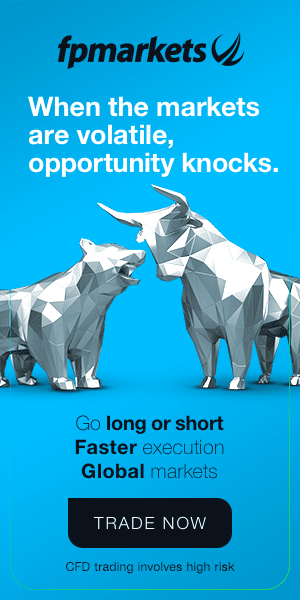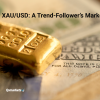Trading forex in Australia is popular among residents and international traders, who love the 24/7 connectivity and high liquidity of the forex market. Brokers in Australia, are authorised by the Australian Securities and Investment Commission (ASIC), which is the financial markets regulator in Australia.
The integral points of ASIC forex broker regulation
ASIC has some integral elements that help counter financial fraud and malpractice in the Australian markets.
- Forex brokers should be regulated by ASIC before they can offer their products and services to Australian citizens.
- For accountability and trader confidence, each broker cannot operate from any overseas location and should have a representative office in Australia.
- Every ASIC forex broker should have a minimum of AUD 1 million in operating capital to sustain high volatility and market movements without going bankrupt.
- Every ASIC regulated forex broker is required to submit periodic audit reports to improve transparency and adherence to the regulator’s code of conduct.
Getting started with forex trading in Australia
Before trading forex in Australia, it’s essential to consider the following three critical elements:
1. Selecting a forex broker
The first thing is to select a broker that is ASIC regulated. ASIC regulation means the broker holds an Australian Financial Services (AFS) licence, which indicates competence and the ability to sustain operations.
To check if a broker is regulated by ASIC:
- Identify the broker’s register number from the disclosure text at the bottom of the broker’s homepage.
- Validate the broker’s status by looking up their number on the ASIC website. For instance, here is FP Market’s ASIC page.
Once you have verified that the broker is regulated, you also need to consider the following:
- Speed of execution. The forex market is fast-paced and requires making timely decisions. You want to get the price you need when you need it. Working with a broker, who offers fast and reliable execution speeds, helps to minimise errors in trades and maximise overall profitability.
- Costs. You should look for a broker who offers quality service at a reasonable cost.
- Data security. When dealing with a broker, you will be required to submit very important personal and financial data, so it is important to choose a broker with excellent security features.
- Support. You must pick a broker that you can easily contact when problems arise. It’s also prudent to choose a broker that provides quality educational materials and tools to enhance your trading.
2. Choosing a trading platform
Once you select a broker, choose a trading platform. Popular trading platforms include the MetaTrader platforms, cTrader platforms, and individual broker web platforms.
MetaQuotes offers MetaTrader 4 and MetaTrader 5; the most popular trading platforms worldwide. MetaTrader 4 was specifically built for forex traders and MetaTrader 5 is a multi-asset platform that also supports forex trading.
cTrader by Spotware is the second most popular trading platform worldwide, and it is built for intermediate to expert traders. Many forex brokers also have their own web platforms. These web platforms usually have unique features, which are not available on the more general platforms.
3. Formulating and adopting a robust trading strategy
There are two common trading strategies when it comes to forex trading – fundamental analysis and technical analysis.
Fundamental analysis is the practice of analysing the market and determining the intrinsic value of currencies, based on several fundamental factors, like the economy and industry conditions. Technical analysis is a method of determining future price movements, using charts to identify trends and patterns.
There is no right or wrong strategy. You just need to choose the strategy that is right for you. This can be done by considering several things like which strategy is easier to grasp or will give you more success.
Over to you
Once you have settled on a broker, a trading platform and a trading strategy, you are ready to trade. A great way to begin is to open a free demo account, which allows you to enjoy the action of the forex market and learn the ropes or refine your trading without risking any capital.








 Access +10,000 financial
instruments
Access +10,000 financial
instruments

